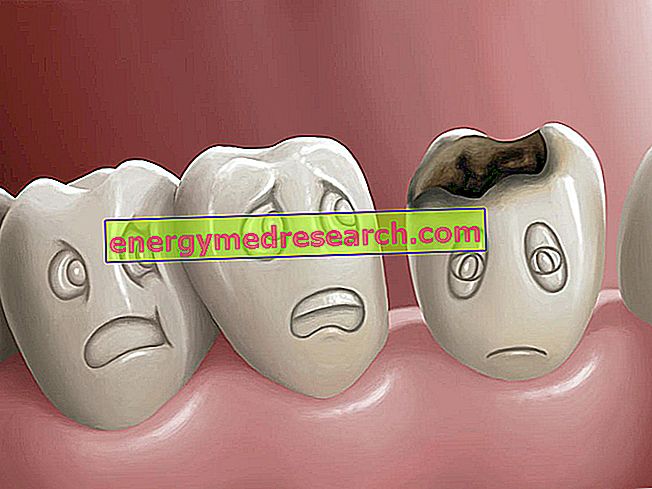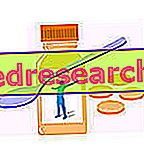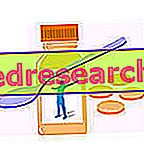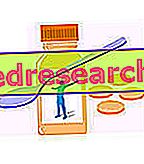
Carioreception expresses the degree of individual predisposition to carious pathology; in other words it tells us how much a subject is susceptible to caries problems.
In dental language we speak of a carioreceptive patient when a person is particularly predisposed to carious pathology.
Caries is the result of the huge quantities of acids produced by some bacteria that proliferate in the oral cavity. These microbes feed on sugar residues deriving from the masticatory activity of food.
In addition to these bacteria, called karyogens, many other microbial species dwell in the oral cavity and it is precisely the balance that is created between these microorganisms that heavily influence the individual's level of carioreception.
In determining the individual carioreceptivity great importance is covered by the salivary pH; a basically basic saliva, in fact, opposes the acids produced by cariogenic species protecting the enamel and preventing tooth decay. Conversely, a tendentially acidic saliva raises the risk of carious pathology. In saliva, in addition to the bicarbonates that buffer the acidity, there are also substances, such as lysozyme, with an anti-baterial action; also the quantities of saliva are therefore important in determining the degree of carioreception, so that the more saliva is produced and the lower the risk of caries.
To determine carioreception, there are specific, safe and painless tests that evaluate the salivary flow, the salivary pH and the salivary concentration of cariogenic bacteria (lactobacilli and Streptococci mutans). A high level of carioreception requires special care to be taken at home oral hygiene, limiting as much as possible the consumption of cariogenic foods and possibly undertaking - under supervision of the dentist - a treatment of fluoroprophylaxis.
Finally, it should be noted that the oral flora adapts to the eating habits and the oral hygiene of the individual; therefore, if the diet is rich in sugars and poor oral hygiene, saliva will be rich in cariogenic and acid bacteria due to their activity. This consideration reduces the usefulness of carioreception tests, since in many cases they are an expensive method to arrive at the usual, very important recommendation to take better care of oral hygiene and diet to prevent tooth decay.



